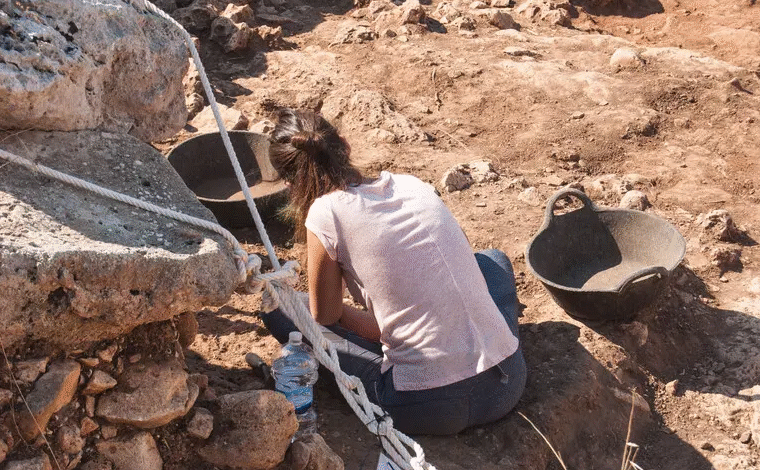Archaeologists in China have found the oldest tools in the world, which are over 300,000 years old

In southwestern China, archaeologists have discovered more than 300,000-year-old wooden tools that reveal new aspects of early human life in East Asia. According to lead researcher Bo Lee of the University of Wollongong, these artefacts are the oldest known wooden tools in the world, informs Live Science.
“This find is exceptional because it preserves a moment in time when early humans used sophisticated wooden tools to harvest underground food resources,” Lee noted.
Excavations near an ancient lake in the Gantanjin area of Yunnan province yielded 35 artifacts, including digging sticks, root digging hooks, and pointed tools made mostly of pine and hardwood. The tools are well-preserved due to clayey deposits with a low oxygen content, which allowed for the preservation of processing marks, scratches and remnants of plant matter.
Scientists emphasize that this collection is a rare example of Paleolithic wooden tools not related to hunting. Unlike the spears found in Schöningen, Germany, these tools were intended for gathering food, particularly the underground parts of plants near water bodies.
To determine the age of the find, the research team used infrared luminescence and electron spin resonance techniques, which showed the artifacts to be between 250,000 and 361,000 years old. Although the plant remains found on the tools could not be accurately identified due to their degradation, analysis of other materials from the excavation site suggests a diet that included berries, pine and hazelnuts, water bulbs and kiwifruit.





